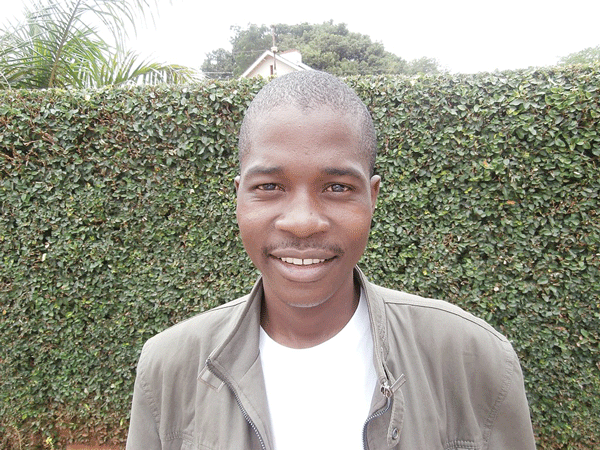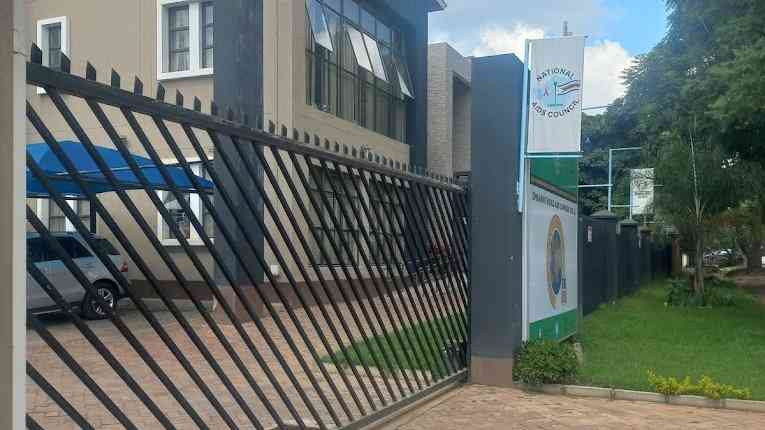
BY Munyaradzi Ziburawa Shocks are sudden or slow onset high impact events that are time bound. Shocks are usually of a limited duration but at times their effects can be far reaching.
Common shocks include drought, price increases or war. Such shocks often affect the general community and are known as “covariate” shocks. Shocks can also happen at individual levels and these in resilience parlance are known as “idiosyncratic” shocks. Such shocks are varied and may include illness or even death of a breadwinner.
Government and non-governmental organisations (NGOs) by design are often more responsive to covariate shocks — shocks which affect a lot of people. This explains why government is quick to declare road accidents that claim a significant number of people as disasters, or even drought. Such declarations often open floodgates of assistance from government and other non-state actors. Yet, individuals, when they face high impact shocks have to contend with these shocks mainly on their own or have to count on their social capital. Shocks are as sure as day and some people fail to bounce back given the overwhelming impact of the shocks .
Such an idiosyncratic shock hit the Mpofu family of Nhlekisa village, ward 28, Nkayi district. Orderly Mpofu, erroneously dozed 21 cattle with a deadly grain protectant — aluminum phosphide. All the 21 cattle died in no time. The cattle belonged to three members of the Mpofu household who include a 99-year-old granny.
Reader, all the cattle were buried under strict monitoring by Department of Veterinary Services. A somber atmosphere gripped the village. The Chronicle reported of grief shared across the community. Growing a herd to 21 is not a stroll in the park-its not an overnight undertaking. It’s a lifetime investment, a generational investment — all lost in a split second.
Conservative estimates put the loss to US$8 500, yet reader, this value does not include the emotional attachment, the stories behind every beast — the tears and hopes. How do you even monetise this? The sentimental value of cattle in the Ndebele culture cannot be easily understood by economists? What value do you give to “inkomo yo hlanga” (the cow given to the mother when lobola of their daughter is paid.)
Indeed, true to the spirit of ubuntu the Mpofu homestead resembled a funeral wake, with fellow villagers assisting in the disposal of the animals by way of digging the mass trenches to bury the cattle as well as providing psychosocial support to the family. Yet, reader, how do you even comfort a 97-year-old who has lost a lifetime investment? What words can strengthen a geriatric who has lost all the sweat and strength of their youth by the wink of an eye.
Reader, It only took livestock farmers in Matabeleland, who perhaps understand the agony of raising a beast and the pain of loosing even an unborn calf to restore hope to the Mpofu family. Touched by this unfortunate incident and harnessing on the livestock networks, men and women of integrity quickly mobilised within virtual spaces, sent emissaries to reassure the family that all is not lost. They were working on something. True to their word on June 29 they managed to deliver 13 heifers and a bull to the family, ubuntu at its finest.
- Chamisa under fire over US$120K donation
- Mavhunga puts DeMbare into Chibuku quarterfinals
- Pension funds bet on Cabora Bassa oilfields
- Councils defy govt fire tender directive
Keep Reading
Humanity at its best. Men and women showing the finest traits of ubuntu. Reaffirming that together we stand-individuals giving not because they have in abundance but inspired to restore life and hope to a family that only a fortnight ago thought it had reached the end of the world. If this is not humanity at the best display then what else is?
Reader, allow me to sign off by inscribing the names of these fine men who donated live beasts on the halls of ubuntu: celebrate these cadres Scoth Dube, Tshaka, Themba Dlodlo, Obert Chinhamo, Learnmire Masendu, Adolf Dube, Butho Dube, Day Mukombe, Alvord Mabhena, Welcome Mabuza,11.Descent Sibanda, Terence Hill, MembarTshuma, Mankunzini (Tshuma), Japhet Mpofu, Polex Moyo.
Many more reader donated cash and other consumables such as stockfeed and fuel including my friend Umtha ka Makhumalo, Mhlupheki Dube, a livestock affiniado who initiated the idea. We salute you for showing us ubuntu still matters.
- Munyaradzi Ziburawa is a development practitioner. He writes here in his personal capacity. Feedback: ziburawam@gmail.com, Twiiter: ZIBURAWAM










